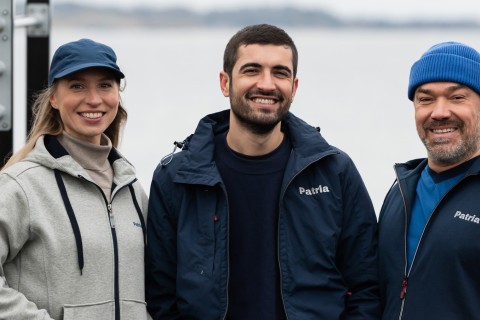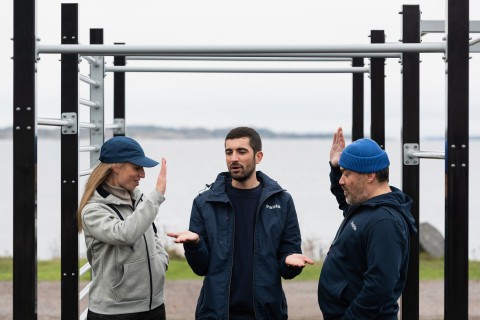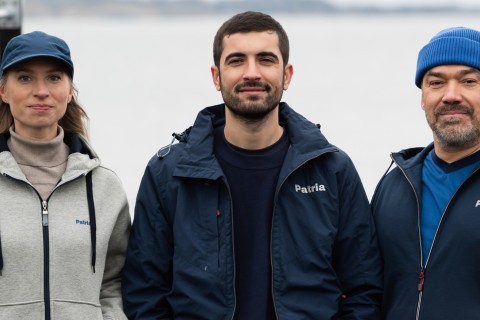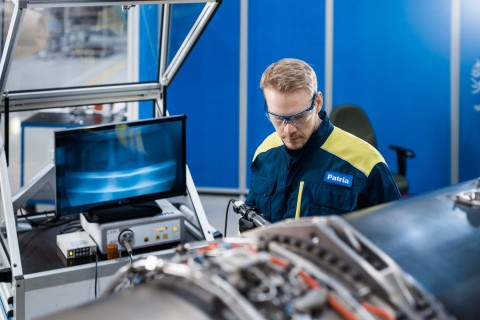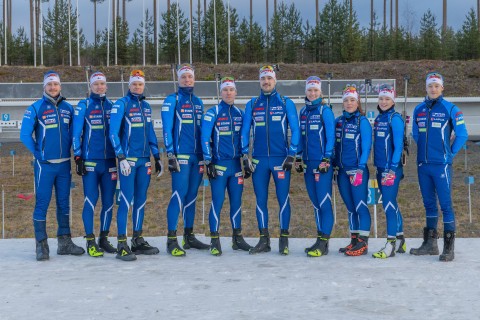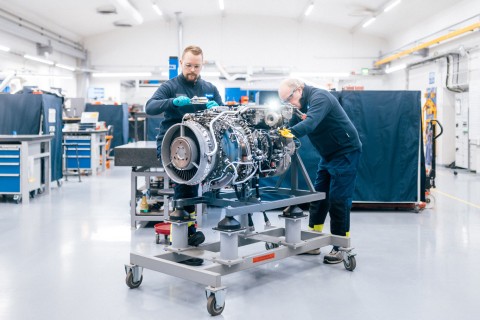
16.12.2014
In a Europe overshadowed by economic crisis, defence budget cuts have become a general trend. At the same time, Europe has been unable to eliminate all of its problems caused by inefficiency and overlaps.
The remedy proposed by the European Commission has a ring that is familiar from the civilian markets: open markets and intensified competition which will lead to greater productivity and more effective use of tax euros. The European Commission is taking a more prominent role in the defence market and industry. With regard to market activities, defence procurement has moved into the spotlight. Changes in procurement practices of the member states have not occurred the way required by the EU’s Defence Procurement Directive. The proportion of defence procurement subject to open competition in Europe remains too low. The Commission has therefore decided to monitor the market. In this, it depends on control exercised by private operators, that is, enterprises. The Commission has also announced that it will pay special attention to ensuring the correct application of exceptions to the Defence Procurement Directive. The single market is also related to offsets. The Commission has indicated that offsets will be gradually phased out. Until now, the focus has been on adjusting national regulations on offsets. The Commission now aims to monitor the proper application of the new regulation. In addition to monitoring, in cooperation with the member states the Commission has committed itself to mapping various means of facilitating the entry of small and medium-sized companies into the markets of other countries. Within the context of the single market, security of supply has a high priority on the Commission’s agenda. There is a clear understanding that greater trust will be one of the key elements in opening up the markets. To achieve this, measures are needed in order to increase security of supply in Europe. At a meeting of the Council of Europe held in December 2013, European heads of state imposed an obligation on the Commission to create Europe-wide arrangements for defence-related security of supply, while acting in cooperation with member states and other key players. The Commission must present a meeting of the Council of Europe, scheduled for June 2015, with a roadmap for putting such arrangements into place. Many questions have been raised by a forthcoming initiative of the Commission on mergers and acquisitions in the defence industry. While some European countries have mechanisms in place for controlling investments in the industry, no common and coherent policy exists. This state of affairs may hamper the free movement of capital and cross-border cooperation within the industry. The Commission believes that the further deepening of the markets may require a pan-European approach, and is planning to consult the various interested parties by publishing a Green Book on the subject. Furthering of the competitiveness of the European defence industry is both a field in its own right and one that is closely related to the functioning of the market. Measures directed at small and medium-sized enterprises have aroused particular interest in Finland. The Commission proposes that support be provided for regional networks and strategic clusters of small and medium-sized enterprises. Several financial instruments are at the Commission’s disposal, through which it can funnel such support. This is not a question of providing direct support to enterprises; rather, aid will be channelled to networks of enterprises with the objective of promoting cross-border cooperation, catalysing innovations and disseminating them across Europe. The Commission finances a large number of programmes of which small and medium-sized enterprises are the beneficiaries. The targets, objectives and focus areas of these programmes vary. For example, for the European Structural and Investment Funds, the key issue is that a project receiving financial support should not be restricted to military purposes alone, but should have a dual-use dimension. However, the Commission is not introducing this new funding mechanism for the sole use of players in the defence industry. The matter revolves around promoting and publicising existing EU funding sources and making better use of them in the operations of small and medium-sized enterprises.
How could this benefit Finland?
Where, then, does all this activity by the Commission leave Finland? To a degree, the answer will depend on our own actions. If Finland takes a passive, “wait and see” approach, this country is unlikely to receive its fair share of the benefits; the active players will dictate the terms according to which the European defence market and industry will develop. While the Commission listens particularly attentively to the wishes of the large production countries, small countries will also have the opportunity to affect developments if they are able to present convincing arguments and actively promote them on all possible occasions. Brussels does not have a monopoly on wisdom; the Commission will need to understand the special features of the sector if it wishes to take measures affecting it. Whether we like it or not, the Commission is in this sector to stay. In this situation, the key point is to decide whether we want to be engaged in bringing about change, operating on the front line and taking advantage of new opportunities, or whether we will be content to defend our existing positions, taking whatever comes our way. The Commission is coming our way – and we are ready, aren’t we. This article was published in the Patria magazine in December 2014.
What did you like about the article?
Thank you for your opinion! You can share the article on social media using the buttons below:



